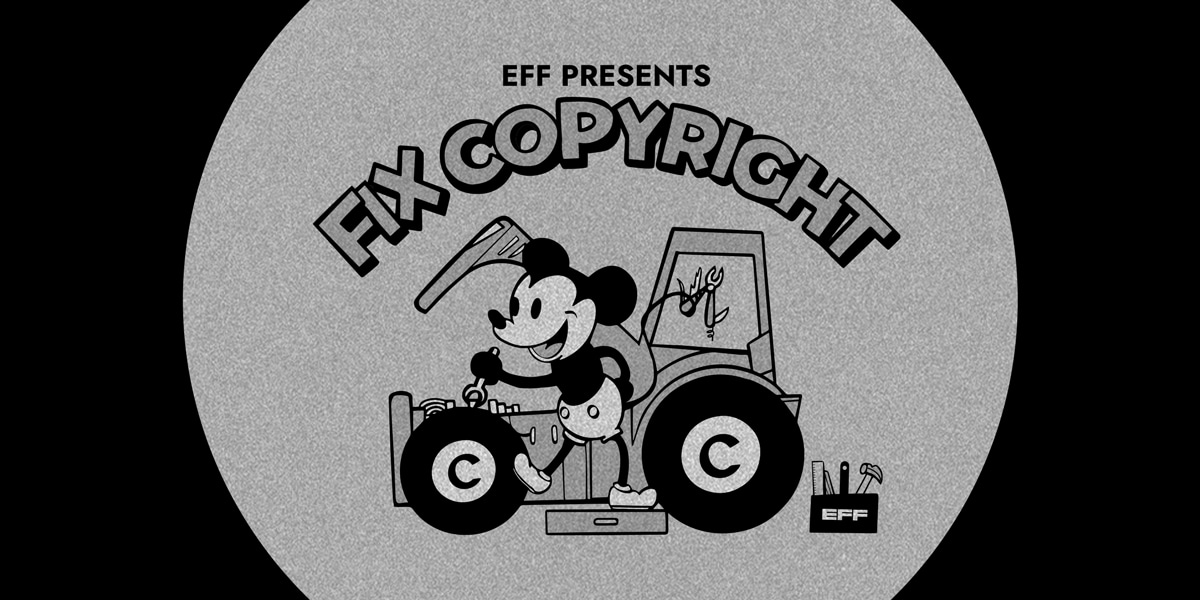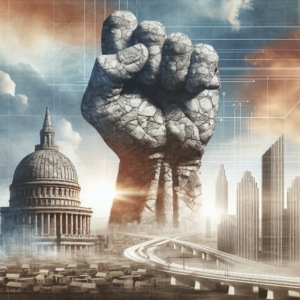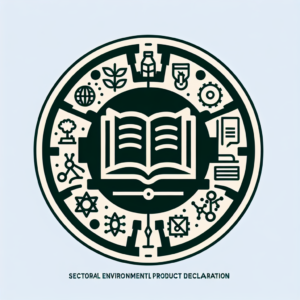The Supreme Court of the United States faces a crucial decision that could alter the landscape of internet access in the country. The case at hand addresses whether internet service providers (ISPs) should suspend access to the internet based solely on allegations of copyright violations. If the rulings of lower courts are upheld, thousands of innocent users who rely on connectivity for fundamental aspects of their daily lives could be at risk.
Organizations such as the Electronic Frontier Foundation (EFF), the American Library Association, and the Association of Research Libraries have filed an amicus brief urging the Court to reverse this troubling trend. Currently, there is a discussion about the possibility of turning ISPs into “copyright police,” which would imply that if a user infringes on copyright, the internet provider could be compelled to terminate access not only for that individual but also for other users sharing the same connection.
This conflict arises from a lawsuit filed by music companies against Cox Communications, arguing that the company should be held responsible for the violations committed by its subscribers. The Fourth Circuit Court of Appeals took a stance in favor of this argument, establishing a new standard of liability where the mere provision of a service that can be used to infringe on copyrights incurs liability.
Unlike patent law, where secondary liability has been clearly delineated, the current interpretation could lead to ISPs facing immense financial responsibilities if they do not act on claims that are often unfounded or automated. In this context, the EFF’s brief argues that the Court should adopt a perspective more in line with patent law, meaning that evidence of infringement should require stronger proof than mere “material contribution” by the service provider.
The repercussions of this policy are alarming. Terminating an ISP account would not only affect the user accused of infringement but also harm families, schools, libraries, and businesses that depend on the same connection. Public libraries, which provide access to millions of Americans without internet at home, could be particularly vulnerable, as could universities and hospitals that rely on constant internet access.
With more than a third of Americans having only one broadband provider or no access at all, the risk of falling into disconnection increases dramatically. Given the vital importance of connectivity for education, employment, and civic engagement, the consequences of a potential suspension translate into a disproportionate collective punishment.
In this situation, the Supreme Court has a crucial opportunity to set a precedent that protects internet access as an essential public good and to delineate the limits of secondary liability in copyright matters. The nation’s eyes are on the Court as it assesses how this case could redefine the balance between copyright protection and universal internet access.
Source: MiMub in Spanish











